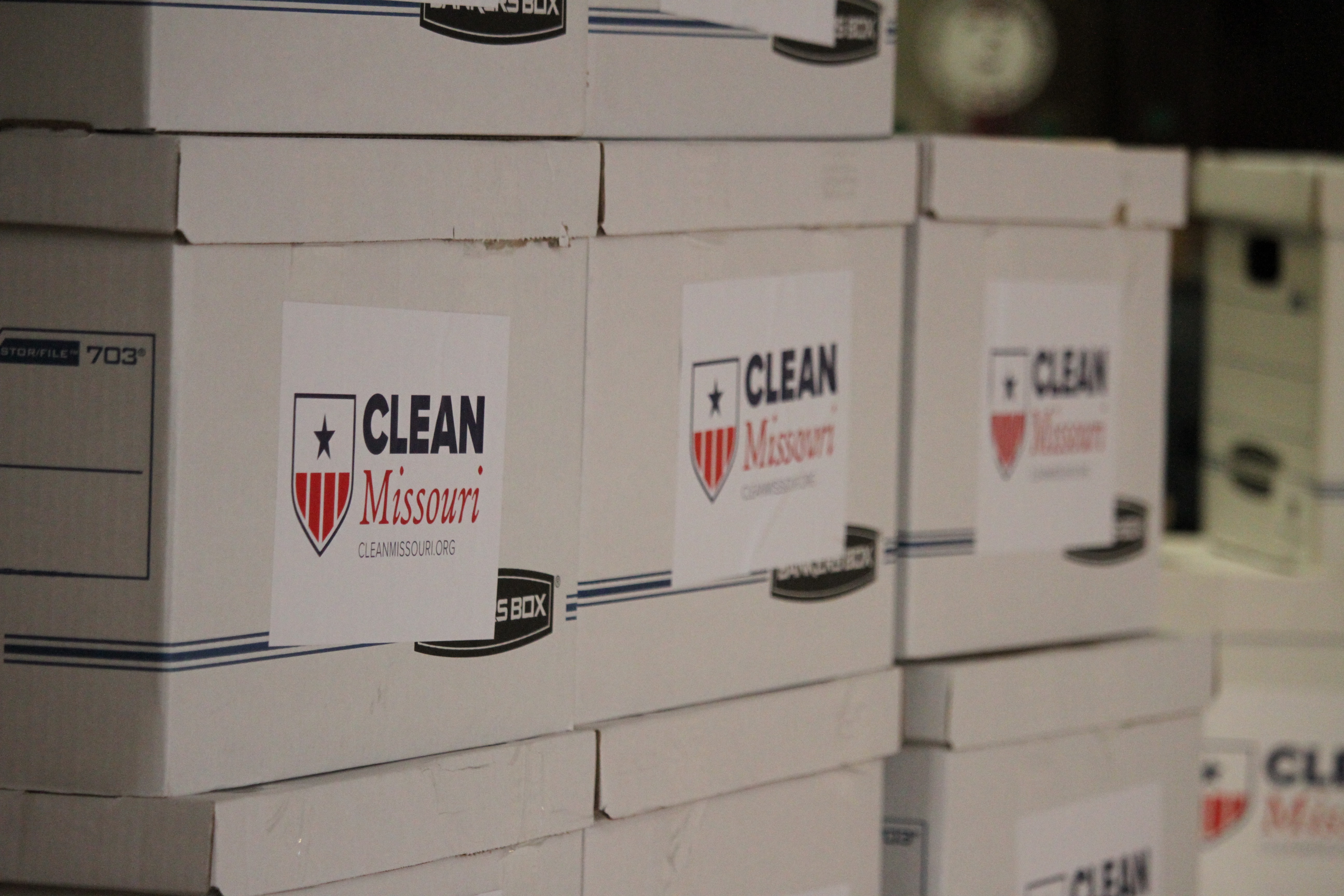JEFFERSON CITY, Mo. — In less than one month, applications will be available for those seeking to be Missouri’s nonpartisan state demographer for the upcoming redistricting progress. Interested parties will have a 90-day window to enter his or her name into the running.
On Wednesday, the State Auditor’s Office announced the application timeline for the position created by the so-called Clean Missouri Amendment in November 2018. At the same time, the auditor’s office noted it understands the position will be employed by the Office of Administration.
All submitted applications will be posted online, according to the Auditor’s Office. The application for nonpartisan state demographer will be available at auditor.mo.gov on Sept. 5, and will be open until Dec. 4.
Qualifications for the position will be identical to the state’s current requirements for the existing position of state demographer, which is assigned to and employed by the Office of Administration.
The auditor expects to submit the names of applicants to the Senate majority and minority leaders in January 2020. It will then be up to the two senators to select a nonpartisan state demographer — if they can agree on an individual.
If the two party leaders disagreed, they would each be able to take names off the list before the demographer would be picked through a lottery system.
Any Missourian that has served in a partisan, elected position within four years of applying to be the demographer is not eligible for the position. And the selected demographer is barred from holding office as a member of the General Assembly for four years following the date of the presentation of his or her most recent legislative redistricting map to the house apportionment commission or the senatorial apportionment commission.
“Districts shall be designed in a manner that achieves both partisan fairness and, secondarily, competitiveness,” the amendment said. “Partisan fairness means that parties shall be able to translate their popular support into legislative representation with approximately equal efficiency. Competitiveness means that parties’ legislative representation shall be substantially and similarly responsive to shifts in the electorate’s preferences.”
The map, once drawn, still goes to a House-appointed commission, which then will still hold meetings, public comment hearings, and have the ability to make changes to the map.

Alisha Shurr was a reporter for The Missouri Times and The Missouri Times Magazine. She joined The Missouri Times in January 2018 after working as a copy editor for her hometown newspaper in Southern Oregon. Alisha is a graduate of Kansas State University.



